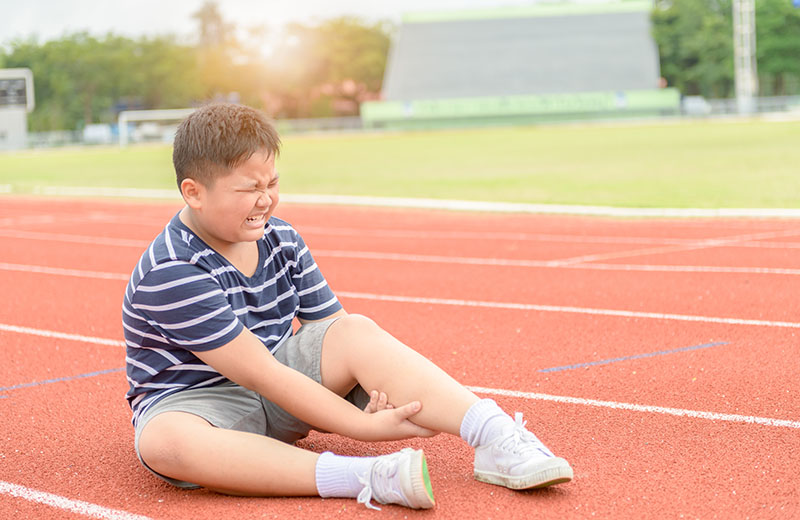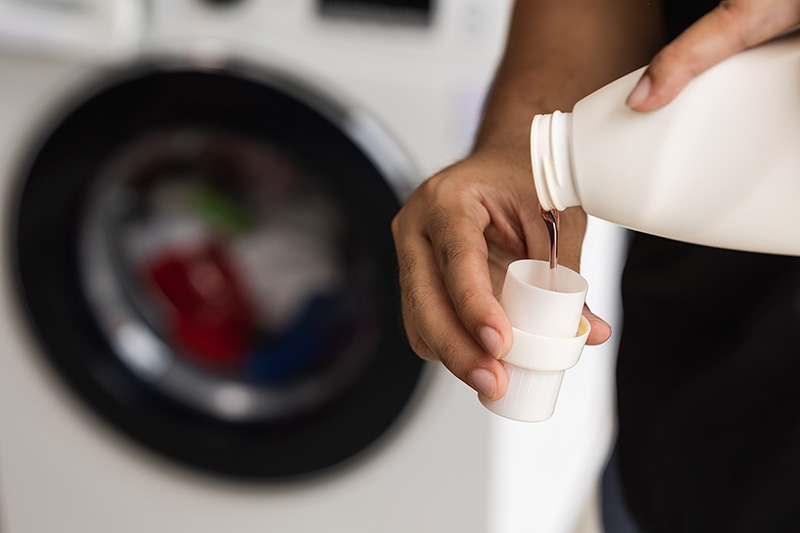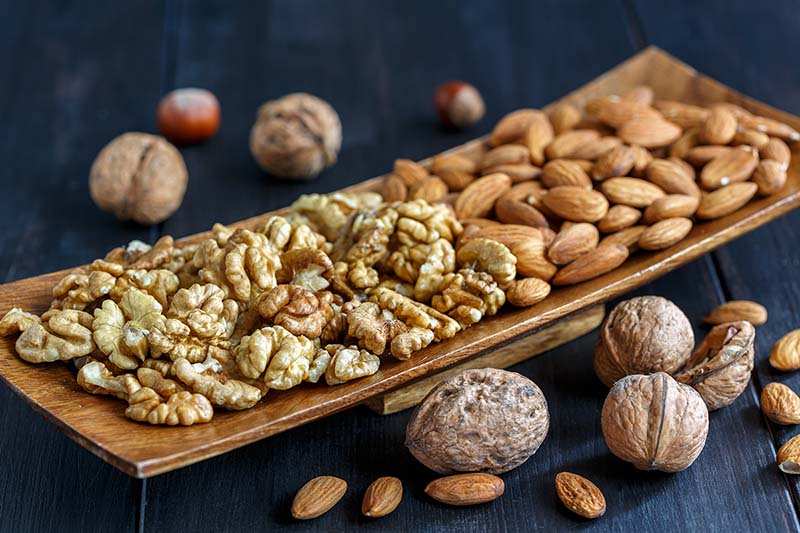Helping Your Child Deal with Growing Pains
Learn more about uncomfortable growing pains and how to help your child manage them.

Growing up can be tough, especially when your kids are experiencing physical pain. Growing pains impact children at every stage of development and can strike with little to no warning.
What are growing pains?
Growing pains typically impact the legs and may occur when a child is in their growing years. Medical experts can’t say for sure what exactly causes this pain, although some have linked growing pains to psychological challenges or a lower threshold for pain.
Growing pains affect the muscles, not joints. A child may feel muscle pain in their legs due to overuse from running, jumping, or climbing during the day. Regardless of the cause, when kids complain of throbbing or aching in the front of their thighs, behind their knees, or in their calves, growing pains may be to blame.
What are the symptoms of growing pains?
Growing pains often present with throbbing or aching pain in the legs. The condition may affect one or both legs and often occurs in the later afternoon or night, potentially waking a child up from sleep. Some kids also experience headaches and/or abdominal pain during episodes of discomfort.
Something that differentiates growing pains from other pain-causing health conditions is that growing pains come and go. Most children do not experience consistent pain every day.
If your child starts limping or complains of pain in other areas of the leg, like the ankle or knee joint, this is likely caused by something else. Sudden pain in just one leg can also indicate a more serious health condition, so if your child complains of discomfort on just one side of the body, get them in to see their healthcare provider.
What can you do about growing pains?
The severity of the pain your child feels will dictate the course of treatment. For some kids, simply stretching their leg muscles can alleviate some of the discomfort and allow them to rest and relax.
You can also try gently massaging your child’s legs to encourage blood flow. Placing a heating pad or warm compress on the sore spots can provide some relief, but make sure to wrap it in a towel or place it over clothing to avoid burns. It’s never recommended to use a heating pad during sleep.
If your child is in a lot of pain, contact their healthcare provider to make sure it’s okay to give over-the-counter pain medication, such as ibuprofen or acetaminophen. Never give aspirin to a child under the age of 16, as it has been linked to Reye’s syndrome, a life-threatening disease.
Some healthcare professionals have linked growing pains to psychological struggles, so children who constantly experience pain may need additional support in this area. When kids experience changes in life, they may feel anxious or worried, and these feelings can manifest in the form of physical pain and discomfort.
Of course, not all growing pains are linked to psychological challenges, but providing mental health support and resources to children throughout the stages of their development is worth considering.
Related: How to Recognize and Manage Anxiety in Children
When should you seek medical help?
Understanding the symptoms of growing pains can help you determine whether your child is experiencing this health problem or may have an underlying injury. Growing pains do not cause a fever, sudden weakness, weight loss, or a skin rash.
If any of these symptoms are present, contact your healthcare provider who will be able to run tests to check for other illnesses like injury, shin splints, juvenile idiopathic arthritis, and bone cancer.
Related: Give Your Child the Gift of a Positive Body Image
Helping your children through the physical and emotional challenges of growing up can feeling overwhelming but being their source of support can strengthen your relationship and encourage them to come to you for any need that may arise.






